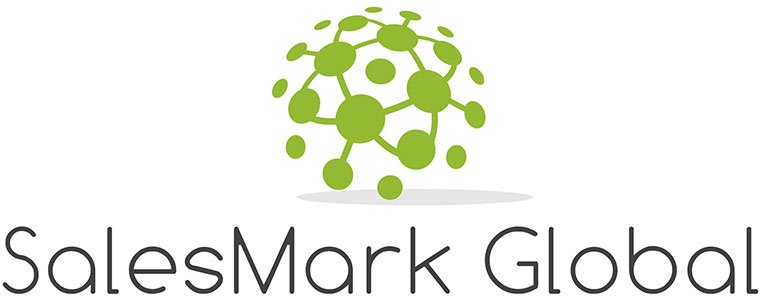Table of contents
Introduction
The integration of data-driven precision marketing has ushered in a paradigm shift concerning demand generation, which is the art of creating awareness and interest in a product or service. Traditional marketing methods usually operate with a broad catch and the hope that potential customers will land on the net. But nowadays, many companies require a more focused and customer-centric strategy. This is where data-led precision marketing plays a big role, using the insights gained from an in-depth analysis of large amounts of data to target and reach individual audience segments.
1. Why is Data Important in Precision Marketing?
Data is a priceless resource at the heart of data-driven precision marketing. The big data age has given businesses an unparalleled amount of information concerning audience behavior, preferences, and interactions. Marketers can now use this data for much more than just generic messaging; instead, they can act with surgical precision.
Audience Segmentation: Information allows marketers to strategize a plan for their target market using demographics, behavioral patterns, and preferences. This way of segmentation allows for the development of campaigns that are highly targeted at particular groups, consequently increasing the chances of conversion.
Personalization: Precision marketing is equivalent to personalization. You can customize your audience’s journey by leveraging the data insights. Personalization, whether through customized content, product suggestions, or targeted offers, helps solidify the relationship with consumers.
Predictive Analytics: Customer behavior forecasting is a real game-changer. Data-driven precision marketing employs the use of predictive analytics to predict future trends and preferences. This vision enables the companies to plan ahead and change their strategies, gaining a competitive edge in the dynamic market.
2. Effective Data-Driven Precision Marketing
Modern-day businesses have resorted to using data-led precision strategies that will help them deal with the problems of demand generation. These approaches eclipse conventional techniques based on data analytics and insights, which tailor marketing projects to an unparalleled level of precision. By knowing the habits of your customers, their preferences, and also market trends, you can get an idea of how to develop campaigns that attract these consumers. The key element of successful precision marketing led by data is the utilization of abundant, large quantities of available information, using advanced analytics tools to create actionable insights. This strategic plan allows you to maximize marketing to make the right message reach the right audience at the perfect time.
3. Transformative Impact on Demand Generation
Data-driven precision marketing has a revolutionary effect on demand generation that changes the way you engage with your target audience. The specificity of the data-driven insights results in a more individualized and interactive customer relationship. As a result, you can go beyond this generic marketing strategy and specialize your approach based on preferences, behavioral patterns, and demographics. This level of personalization not only improves the efficiency of demand generation but also enhances the connection between your brand and its audience. As you start using data to steer your marketing, you put your brand in a better position to respond quickly to changes related to the business environment while leading competitors and meeting changing customer expectations. In other words, innovation and success in the field of demand generation are very much energized by data-driven precision marketing.
4. Challenges and Considerations
Even though data-driven precision marketing has immense potential, you must know the challenges that come with it to utilize it to its optimum potential.
Data Privacy Concerns: Having been generated by the rapid and unexpected development of processes allowing large-scale customer information collection and processing, privacy concerns have turned into a major problem. What is quite important is to find a compromise between personalization and the consumers’ privacy concerns for creating and then maintaining trust.
Data Quality: The quality of the data collection determines the success of data-driven precision marketing. Using incorrect or old data often results in the wrong conclusions and poor strategies. Data quality assurance measures should be implemented effectively.
Technology Integration: In this regard, integrating the required technology infrastructure for data-driven precision marketing with the existing systems is a very important aspect. Interoperability and seamless connectivity are very essential for ensuring flawless functionality.
Skill Gap: Data-driven approaches require a skilled workforce to be deployed competently. Many organizations struggle to attract and retain professionals with specialized knowledge in analytics data, machine learning, and precision marketing.
Final Considerations
Data-driven precision marketing is a very critical breakthrough, and as you try to bypass the chaos and engage your audience on a deeper level, the insights from data-driven strategies become priceless. The duo of precision and data enables you to not only live up to but also surpass customer expectations, leading the way for a fresh breed of marketing efficiency. Data-driven precision marketing can become your compass to the future, where demand generation is not only targeted but also revolutionary.
Visit Our SalesMarkBlog Section to Uncover the Sales Strategies That Ignite Your Sales Journey!





